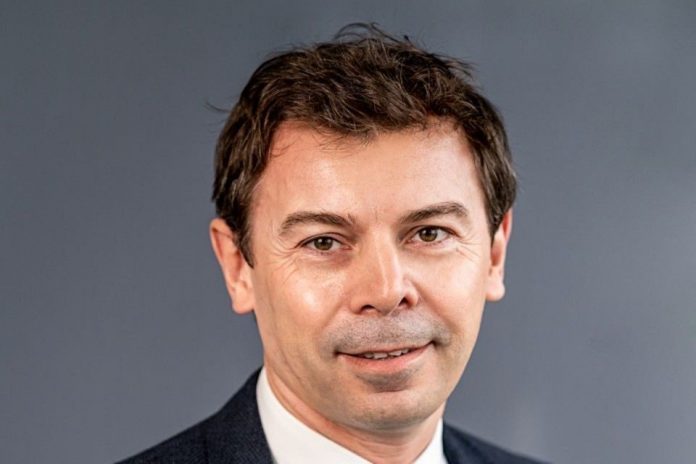The actions taken by companies to become sustainable and reduce their carbon emissions to the stage of “carbon neutrality” can bring them an increase of more than 30 percent in revenues, according to a study carried out by the management consulting company Horváth. At the same time, aiming to achieve sustainability-related objectives, companies can achieve cost reductions of up to 7 percent.
The Horváth report attests to the fact that, for more and more companies, the objectives related to sustainability are no longer found only at the declarative level, but take the form of concrete plans with clear deadlines.
Thus, 80 percent of the responding companies, coming from the German-speaking economic area DACH (Germany, Austria, Switzerland), aim to have an ESG (“Environmental, Social, and Governance” rating – non-financial criteria that measure sustainable behavior and ethical behavior of companies towards all stakeholders and the environment) until 2025. Comparatively, only 30 percent of Romanian companies have assumed a clear target for reducing CO2 emissions, according to another Horváth study from this year.
Of the companies that have set sustainability goals, more than 70 percent want to achieve “carbon neutrality” by the end of the current decade. To achieve these goals, the Horváth study identified four categories of “decisive actions”: (1) fast action (to become carbon footprint-neutral companies in 2030, the main steps must be taken now); (2) focusing on consumer demands (demanding transparency and real change); (3) adopting new ways of generating income; and (4) transforming supply chains (products, logistics and operations). Companies that act in these four directions will achieve competitive advantages and real economic benefits.
Study participants see a potential for increased business and profitability from their sustainability efforts: 50 percent of them see potential sources of income in already existing markets that would bring them additional income of at least 11 percent, while 60 percent expect to open new markets or market segments with a sustainable product portfolio, leading to potential additional revenues (around 23 percent). In addition, 40 percent of respondents expect to achieve cost reductions from efforts to become more sustainable.
“A gratifying conclusion of our study is that sustainability is no longer just a concept discussed at a high level on company boards, but a phenomenon that is gaining substance as consumer pressures have intensified. People and companies want to be customers of sustainable companies, and this desire has become the engine of change, although some happy side effects cannot be ignored: by embarking on the path to becoming sustainable, businesses also gain new markets, new sources of income, respectively cost reductions. Finally, the study showed that a sustainable employer is more likely to attract and retain talent in its team,” said Kurt Weber, Managing Director, Horváth Romania.
In terms of the main negative consequences that companies see if they fail to achieve their sustainability goals, they are: (1) loss of customers; (2) losing the best employees; and (3) increasing costs. Other reasons for concern would be a bad image, decreased sales, an unfavorable impact on the relationship with investors and the loss of some contracts.
Companies from industries such as mechanical engineering (26 percent), automation and technology (20 percent), electrical engineering and energy technology (11 percent) and others (43 percent) participated in Horváth’s research, including: construction, consumer electronics, metallurgy, paper and luxury goods.




